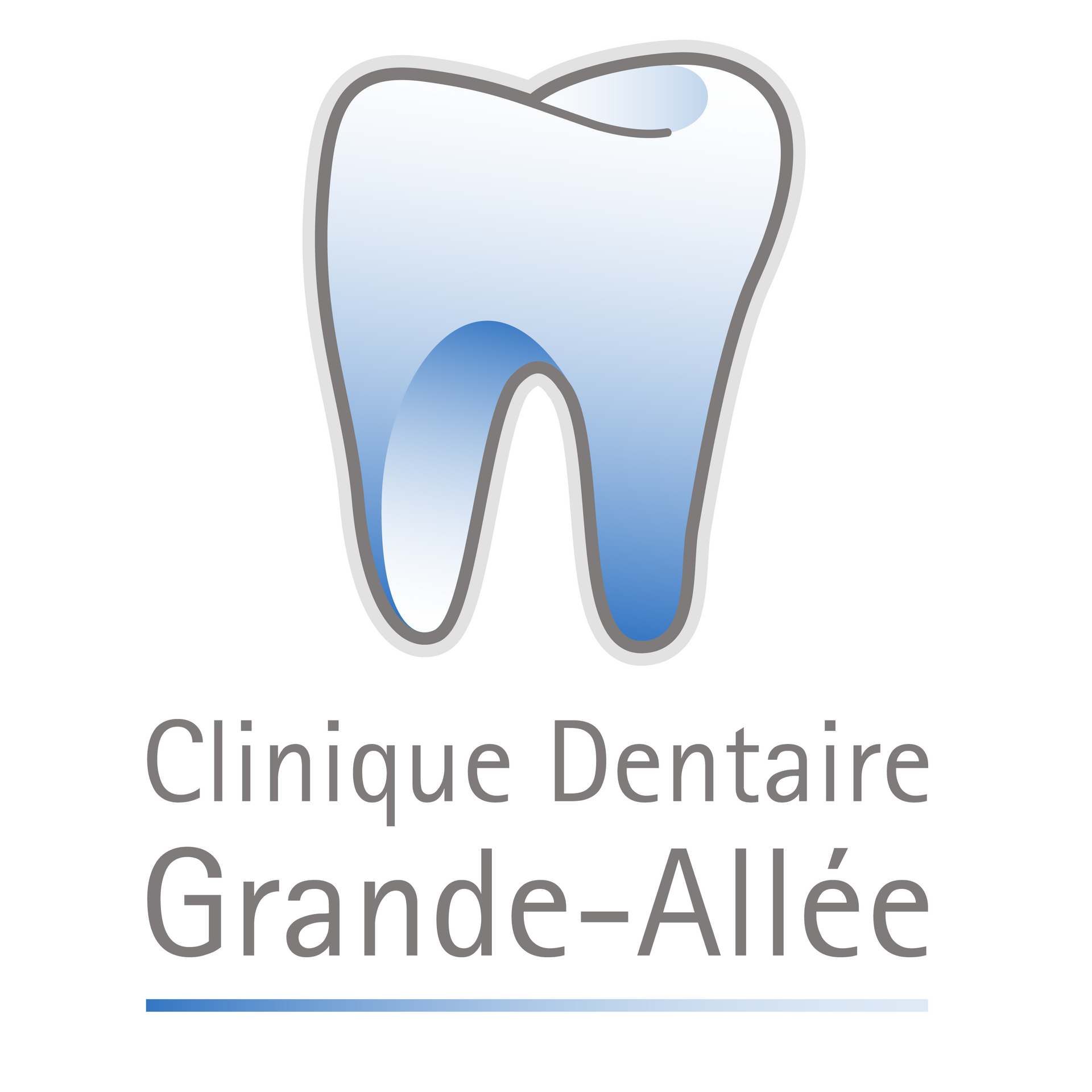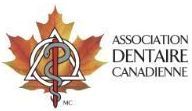Glossary
CDA: Canadian Dental Association
ACDQ: Association des chirurgiens dentistes du Québec
ODQ: Ordre des dentistes du Québec
CDCP: Canadian Dental Care Plan
RAMQ: Régie de l'assurance maladie du Québec
-
How is a teeth cleaning procedure carried out?
For most people, a teeth cleaning is simple and painless. The procedure consists of 6 steps:
- Physical examination of teeth and mouth
- Removal of plaque and tartar
- Deep cleaning of teeth with a high-power brush
- Thorough flossing
- Complete mouth rinsing
- Application of fluoride treatment for children aged 16 and under
-
How is a dental abscess treated?
Your dentist will treat your abscessed tooth by removing the pus. Depending on the cause of the problem, it may be necessary to perform a root canal or remove the tooth.
Root canal therapy allows you to keep your tooth by eliminating any discomfort or pain. This procedure is performed using a local anaesthetic to avoid any feeling of pain. Tooth abscesses don't go away on their own, so call us now!
-
What to do after a tooth extraction?
Here are a few useful tips to reduce or even avoid complications following a tooth extraction :
- Bite down on the cotton pads placed in your mouth, maintaining constant pressure for 45 to 60 minutes. Change them every half-hour if necessary.
- Avoid eating until the bleeding stops.
- After 24 hours, if there's no more bleeding, rinse your mouth 5 or 6 times a day with salt water, especially after each meal.
- If abnormal bleeding persists beyond 24 hours, call your dentist.
- Following surgery, it's completely normal to feel discomfort for 24 to 48 hours. To ease this discomfort, take painkillers as prescribed by your dentist.
- If antibiotics are prescribed, you must take ALL tablets to fight the infection properly.
- To prevent or reduce swelling after surgery, apply ice cubes wrapped in a damp towel as soon as possible. Apply for no more than 15 minutes at a time, and only for the first 24 hours.
- Avoid straining your jaw muscles in the days following your surgery.
- Brush your teeth normally, taking care not to irritate the healing area.
- Do not spit, allow saliva to drip into the sink.
- Do not smoke.
-
Why remove wisdom teeth?
When a person's mouth is too small for wisdom teeth to erupt, they remain embedded in the jawbone. This is an abnormal condition that requires an intervention to extract the tooth or facilitate its normal eruption.
After your wisdom teeth extraction surgery, you'll be given post-operative instructions and prescriptions to control any pain or inflammation. Although you may feel some tenderness or fatigue in your jaw for a few days, most people feel relatively well after 24 to 48 hours.
-
Do we have to visit our dentist every 6 months?
Everyone should have a dental check-up at regular intervals, even if they maintain good oral hygiene habits. With a regular check-up, you can identify and prevent any problems early on, and avoid more complex and costly treatments.
A regular visit to the dentist is not only good for your health, it's also good for your peace of mind!











